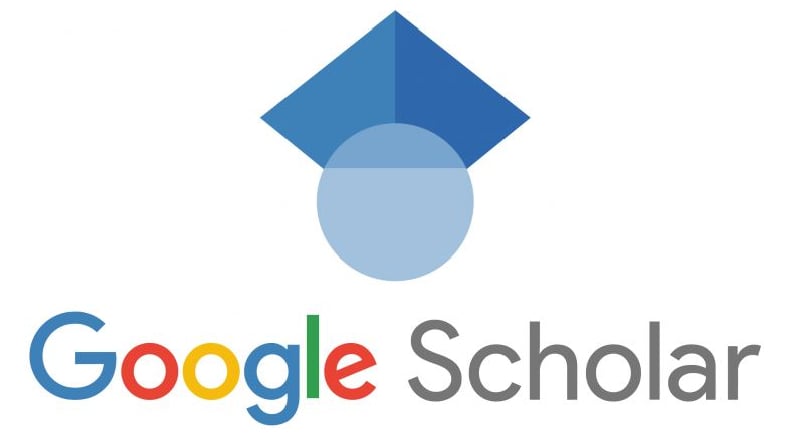Study of AI and Technology As A Substitute for The Presence of A Teacher Learning The Qur'an Hadith In Bond of Knowledge Perspective
Keywords:
AI and Technology, Qur’an Hadith, Bond of KnowledgeAbstract
In Society 5.0 Era, the integration of artificial intelligence (AI) and technology has significantly influenced various education. This study conducts a critical study of the potential of AI and technology as a substitute for teacher presence in teaching Al-Qur'an Hadith. This study aims to evaluate the consistency in scientific texts to maintain the authenticity of religious teachings. This research explores the possibility of utilizing AI, in providing interactive guidance for Al-Qur'an Hadith students. The strengths and limitations of AI are analyzed to understand the interpersonal aspects of the relationship between teachers and students. In addition, this study emphasizes the importance of maintaining the religious context inherent in the teachings of the Al-Qur'an and Hadith. The role of AI in analyzing text content and verifying the credibility of information is discussed, while highlighting the importance of human expertise. This study uses a qualitative methodology, including a literature review, and case studies in the form of interviews from educators and scholars. The research findings aim to provide insight into the potential benefits and challenges of integrating AI and technology in the Al-Qur'an Hadith learning environment. In conclusion, this study emphasizes the importance of achieving a harmonious balance between the progress of AI-based education and the preservation of rich scientific traditions in the study of Al-Qur'an Hadith. This research advocates the use of AI as complementary tools under the guidance of knowledgeable human instructors, thus driving an efficient approach to religious education in the dynamic landscape of Society 5.0.
Downloads
References
Al-Jabiri, M. A. (2018). The Formation of Arabic Thought: A Cultural Contrapuntal Reading. Translated by Malik R. Dahlan. London: Routledge.
Al-Jabiri, M. A. (2020). Naqd al-'aql al-'Arabi. Casablanca: Dar Al-Mustaqbal Al-Arabi.
Brown, J. A. C. (2019). Hadith: Muhammad's Legacy in the Medieval and Modern World. Oneworld Publications.
Cook, M. A. (2020). Commanding Right and Forbidding Wrong in Islamic Thought. Cambridge University Press.
El Shamsy, A. (2021). The Canonization of Islamic Law: A Social and Intellectual History. Cambridge University Press.
Hodgson, M. G. S. (2019). The Venture of Islam: Conscience and History in a World Civilization. University of Chicago Press.
Khan, M. M., & Kundi, G. M. (2020). Artificial Intelligence and Education: Theoretical Foundations and Future Implications. International Journal of Emerging Technologies in Learning, 15(1), 36-53.
Sani, M. A. M., Yunusa, A. A., & Olatunji, S. O. (2021). Emerging trends and educational technologies for modern learning. International Journal of Emerging Technologies in Learning, 16(1), 214-224.
Siddiqi, M. Z. (2018). Education and Modern Technology: A Comparative Study of the Use of Artificial Intelligence in Islamic and Secular Education Systems. Journal of Education and Educational Development, 3(1), 131-146.
Yaqub, M. (2019). The Role of Artificial Intelligence in Islamic Education: A Case for AI-Driven Smart Tutoring System for Teaching and Learning Qur'an. International Journal of Computer Applications, 169(10), 15-19.
Yasin, R. M., & Ismail, A. F. (2021). Smart Teaching of Al-Quran: Artificial Intelligence Approach. In Proceedings of the 5th International Conference on Education and Technology (ICET 2021). Atlantis Press.
Makarim, A. K. (2019). Integrasi Teknologi dalam Pembelajaran Agama. Jurnal Pendidikan Agama Islam, 6(2), 205-220.
Prasetyo, Z. K., & Indrawati, E. (2020). Pemanfaatan Teknologi Informasi dalam Pembelajaran Pendidikan Agama Islam. Al-Tadzkiyyah: Jurnal Pendidikan Islam, 11(1), 31-48.
Al-Kaisy, A. H., & Mohamed, A. A. (2021). The Prospect of Artificial Intelligence in Islamic Education. International Journal of Advanced Computer Science and Applications, 12(1), 126-133.
Bin-Tahir, S. Z., Siddiqui, A. F., Al-Emran, M., & Hassan, S. (2021). Using Machine Learning Techniques in Quranic Education to Enhance the Hifz Process: A Review. International Journal of Advanced Computer Science and Applications, 12(1), 160-168.
Siddiqui, A. F., & Al-Emran, M. (2021). Application of Artificial Intelligence for Effective Learning of Hadith: A Review. International Journal of Advanced Computer Science and Applications, 12(1), 150-159.
Hamood, A. H. (2018). Integrating Artificial Intelligence in Teaching and Learning the Holy Quran for non-Arabic Speakers. Journal of Physics: Conference Series, 1028(1), 012013.
Khan, M. S., & Saharan, S. (2021). Technological Advancements in Teaching the Hadith of the Prophet (pbuh): Prospects and Challenges. International Journal of Modern Education and Computer Science, 13(3), 57-63.
Downloads
Published
How to Cite
Issue
Section
License
Copyright (c) 2023 Sandi Ferdy Yulianto, Farah Haya

This work is licensed under a Creative Commons Attribution 4.0 International License.






